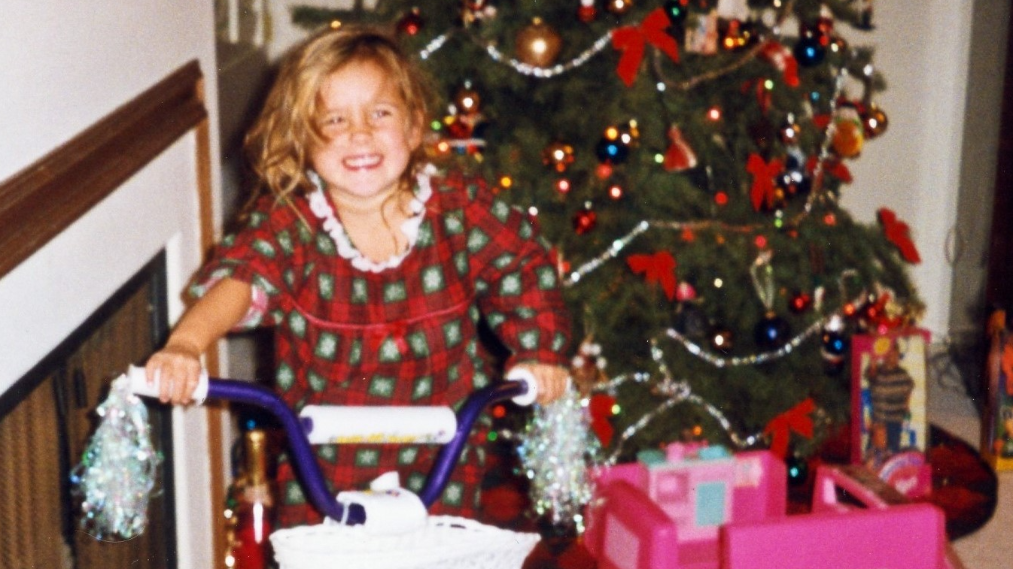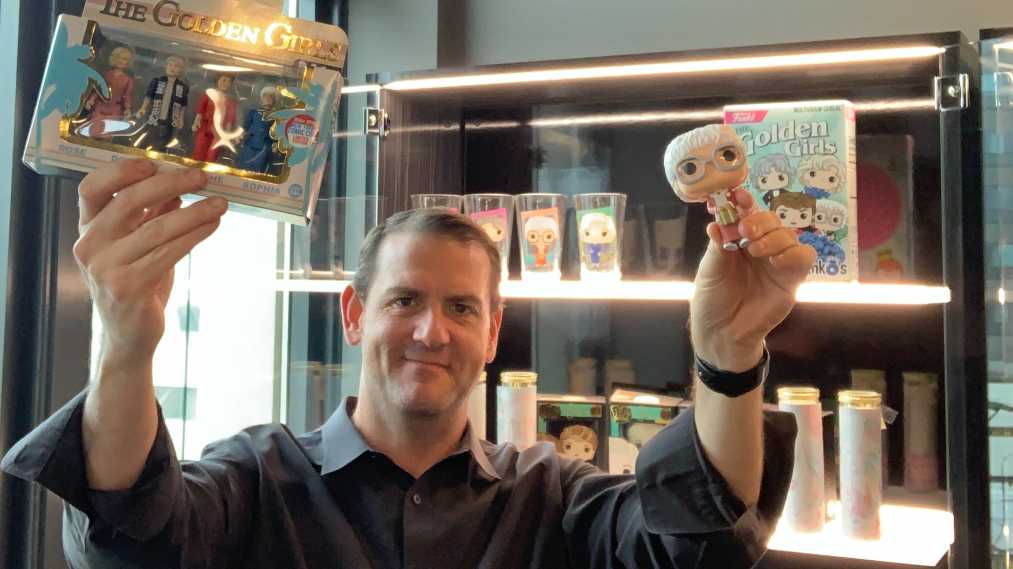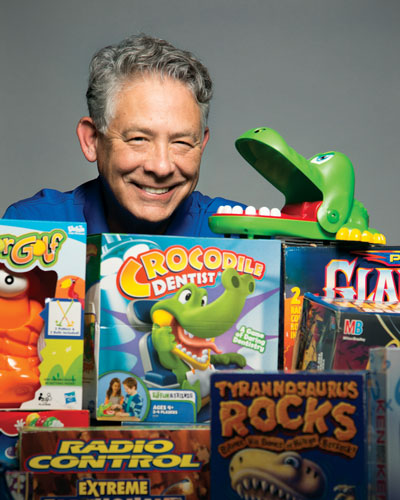Is Your Child Ready to Let Go of Santa?
By Nancy Zwiers
Just two months past my 5th birthday, I asked my dad a few penetrating questions about Santa. I still whole-heartedly believed in Santa, but some things just didn’t add up. My dad was the smartest man in the world, and I was sure he could answer them:
- How does Santa visit all the children in the world in just one night?
- How does Santa fit all the toys in his sleigh?
To my dismay, my dad came clean: there was no such thing as Santa. I was heartbroken but resolved to protect my little brother and sister from the devasting truth…mums the word. Later, I remember how crestfallen my brother was when his friend proclaimed, “Santa is a rat fink.”
Remembering the sense of loss I felt, I vowed to not prematurely spill the beans with my daughter Nikki.
The Christmas of Nikki’s 5th grade year, however, I questioned whether she could still believe in Santa. She seemed so mature. And I remembered how my brother received the news so unceremoniously; I didn’t want Nikki to learn from her friends. At one point shortly after Christmas, I blurted out, “You realize Santa is not real, don’t you?” The stricken look on her face told me otherwise. Damn--I had not fulfilled my vow--I told her before she was ready for such a blunt denial of a beloved fantasy.
Fortunately for parents in the age of social media, articles abound about when and how to talk to your kids about Santa. According to a 2019 study of 4500 families, the overall average age for no longer believing in Santa Claus is 8.4 years old.
"It's not an overnight shift in thinking," says Laura Lamminen, Ph.D., pediatric psychologist at Children's Health℠, "and there's no set age where children should know the truth about Santa Claus."
Dr. Lamminen says for typically developing children, the years between age 7 and 11 mark a big shift in thinking. "During this time, they develop concrete reasoning and gradually start think more logically and abstractly," says Dr. Lamminen. "They start to question how reindeer fly and how Santa eats all those cookies without getting sick. They begin to understand it might not be physically possible for Santa to do all these amazing feats."
By the way, this cognitive shift beginning around age 7 also corresponds to the play pattern transition we see in the toy industry. Kids leave behind the “magical thinking” underpinning imaginative play and start gravitating to more reality-driven play.
So, what do the experts say about how to approach this fraught moment? Ideally, your child will ask you the question, giving you your opening. If they don’t, use your judgment about when your child might be ready. You can ask them, what do they believe about Santa, and gauge their readiness for the big revelation (Don’t presume, like I did). Anecdotally, I’ve learned some kids don’t bring up the topic for fear that the presents will stop showing up under the tree (my nephew was in junior high).
One of the best ways to soften the blow of losing the myth is by emphasizing that the spirit of Santa is real. Santa represents the generosity of spirit that lives in all of us. Once you stop believing in Santa, you can become Santa. You can brainstorm ways to surprise others with a special gift or token of love, given anonymously. After all, we never outgrow the joy of giving. And who doesn’t love surprises—getting them or giving them?
Recent Blogs
Recent Blogs
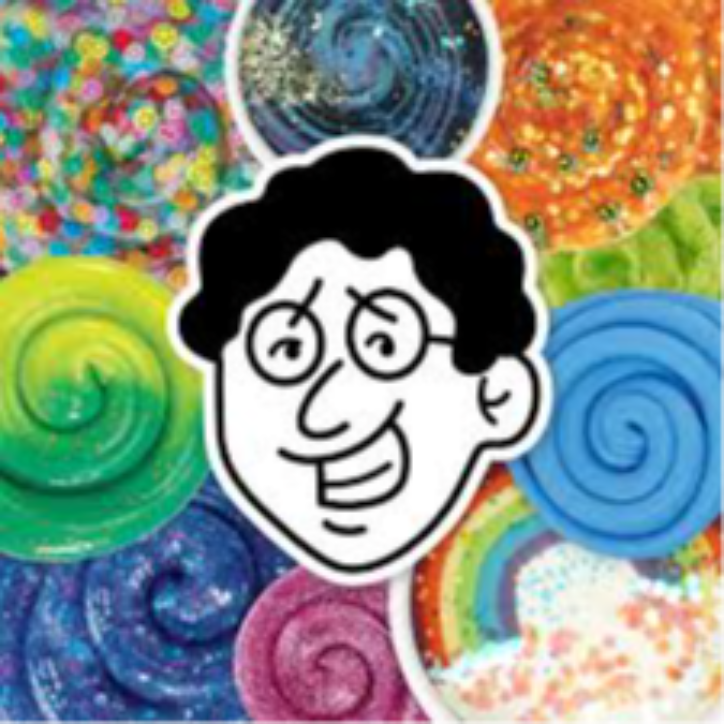
Reviews
Toy Review: Crazy Aaron's Thinking Putty, Land of Dough, & Slime Charmers

Press Release
GPI Partners with Kawakids to Bring Advanced Manufacturing to the North American Market
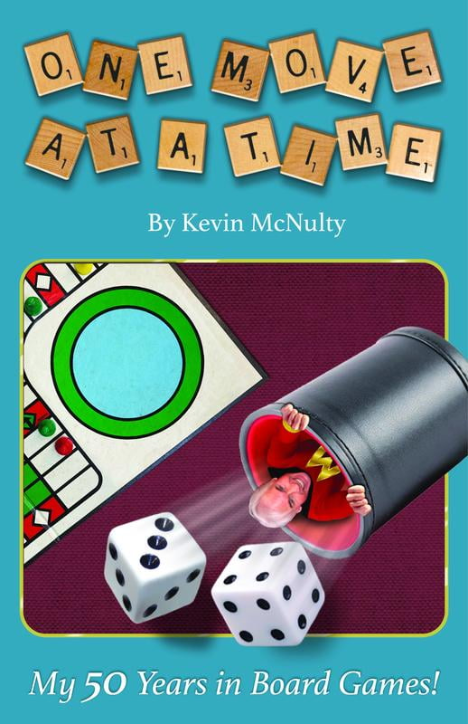
Reviews
BOOK REVIEW: One Move at a Time by Kevin McNulty

Press Release
CARVE COMMUNICATIONS HOSTS CARVE-X @ TOY FAIR – EXCLUSIVE EVENT FEATURES HOTTEST TOYS AND GAMES FROM INDUSTRY LEADERS, CHALLENGER BRANDS, AND START-UPS
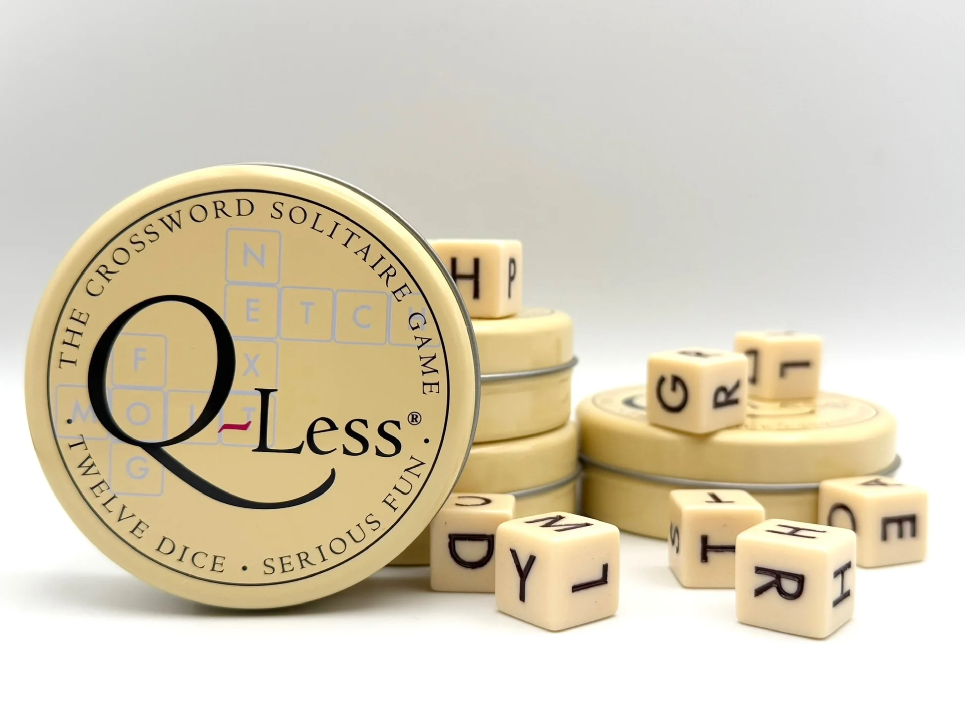
Reviews
Game Review: Q-Less
See more
Recent Wiki

PR and SOCIAL MEDIA
CARVE COMMUNICATIONS HOSTS CARVE-X @ TOY FAIR – EXCLUSIVE EVENT FEATURES HOTTEST TOYS AND GAMES FROM INDUSTRY LEADERS, CHALLENGER BRANDS, AND START-UPS
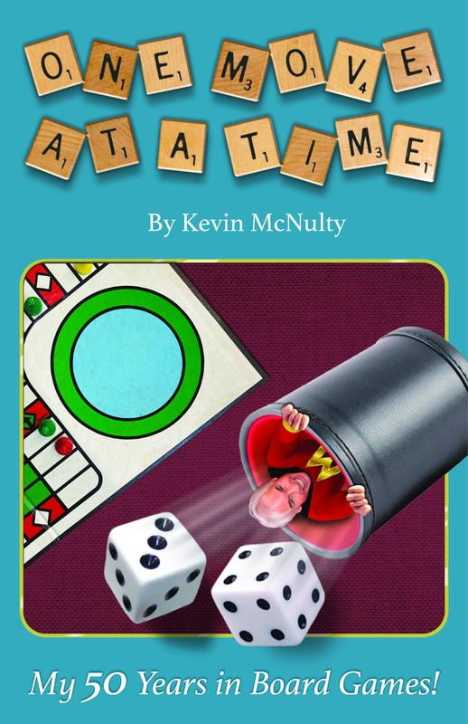
BOOK REVIEWS
BOOK REVIEW: One Move at a Time by Kevin McNulty

COMPANIES
GPI Partners with Kawakids to Bring Advanced Manufacturing to the North American Market

BOOK REVIEWS
Toy Review: Crazy Aaron's Thinking Putty, Land of Dough, & Slime Charmers

PEOPLE
Joe Kling Talks His Impact on the Industry, Career Highlights, and Advice to the Next Generation
See more
POP's Got Talent

POP Entertainment
Randy Klimpert Shares his Ukulele Collection
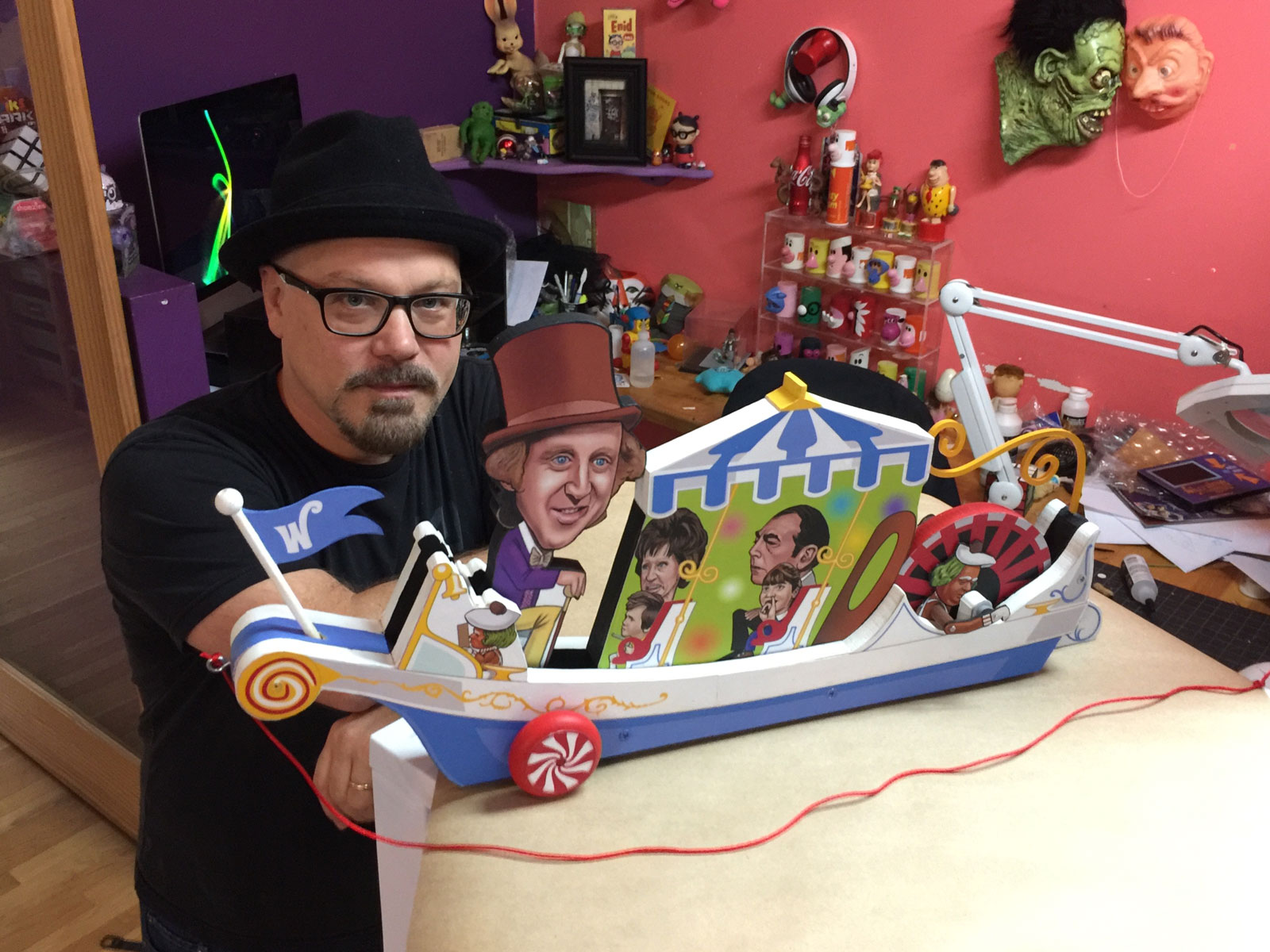
POP Entertainment
Steve Casino Peanut Art

POP Entertainment
Everyone's Talking about POP!

POP Entertainment
Princess Etch - a Multi-Talented Etch A Sketch Artist
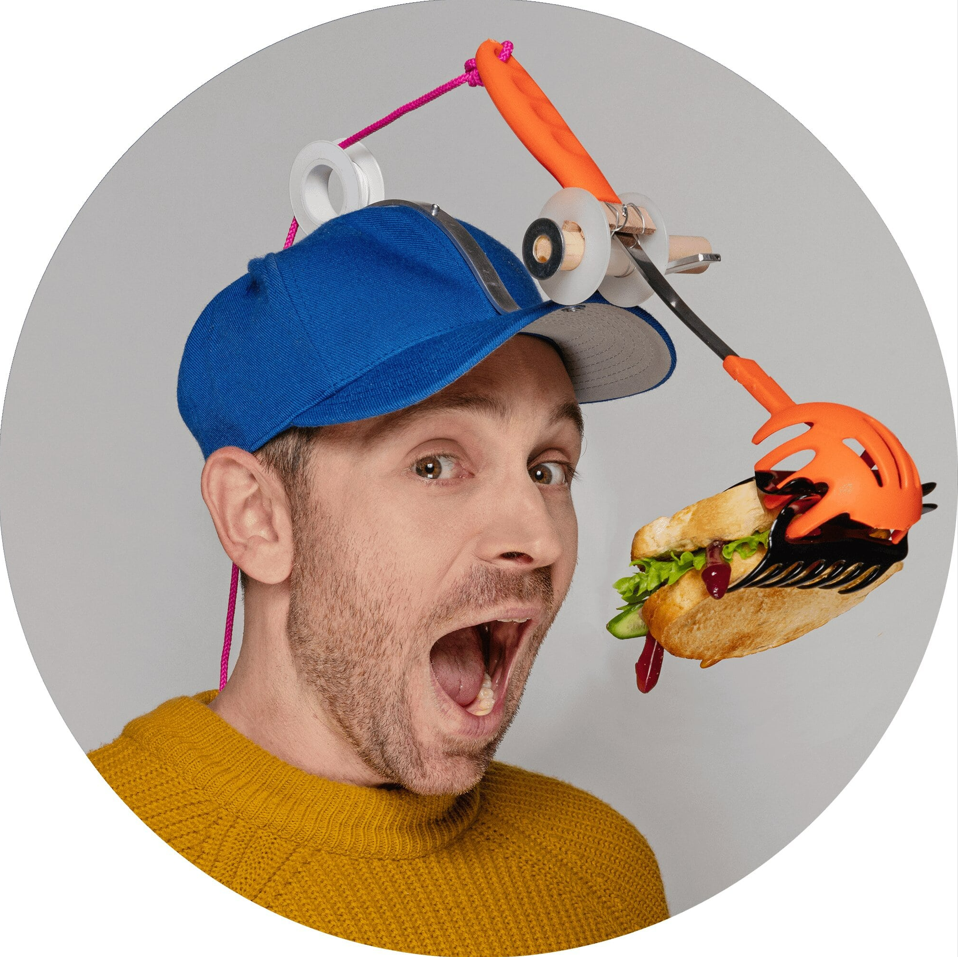
POP Entertainment
Joseph Herscher of Joseph' s Machines.
See more
Recent POPcast
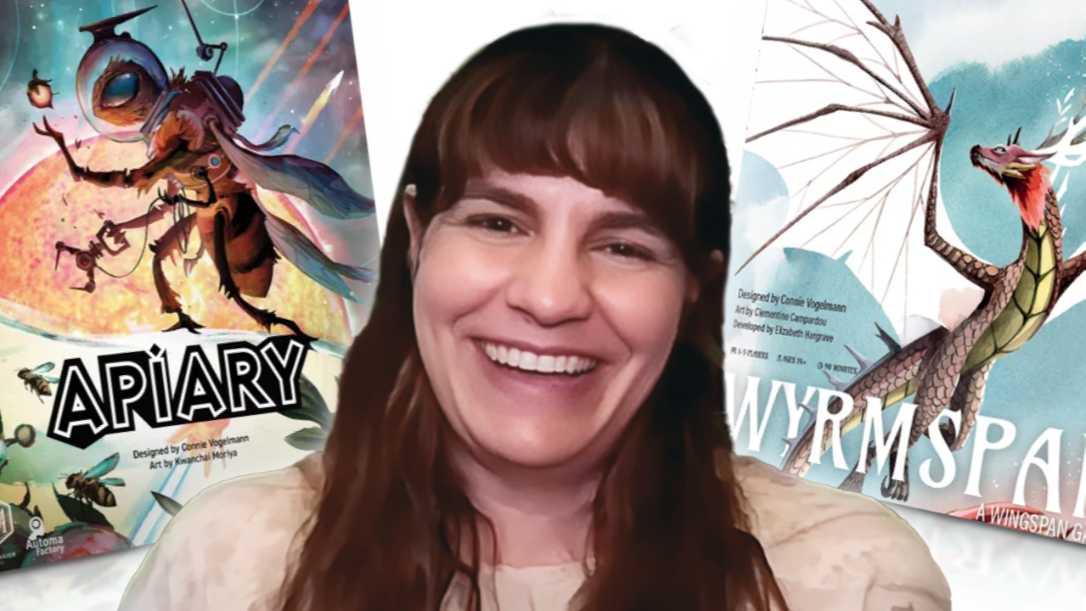
Hidden Role: The Brains Behind your Favorite Games
Connie Vogelmann designed Apiary & Wyrmspan!

Hidden Role: The Brains Behind your Favorite Games
Bob Fuhrer... Is THE Crocodile Dentist!

Hidden Role: The Brains Behind your Favorite Games
Tom Dusenberry... Bought Atari, Wizards of the Coast, and Avalon Hill!

Hidden Role: The Brains Behind your Favorite Games
Matt Leacock created Pandemic... the game!

Hidden Role: The Brains Behind your Favorite Games
Scott Brown and Tim Swindle... are Launching a New Sport!
See more
POPDuos

POPDuos: Interviews with Legends and Leaders
POPDuo: Richard Dickson, Mattel’s President & COO, and Kedar Narayan, Young Inventor Challenge AMB

POPDuos: Interviews with Legends and Leaders
POPDuo: Will Shortz and Josh Wardle

POPDuos: Legends and Leaders Explore Creativity
POP Duo: Elan Lee, Co-Founder, Exploding Kittens.and Jeff Probst, Host and Exec Producer, Survivor

POPDuos: Legends and Leaders Explore Creativity
POP Duo: David Fuhrer, MNG Director, Blue Sq Innovations & Shawn Green, past Dodgers & Mets MLB Star

POPDuos: Legends and Leaders Explore Creativity
POP Duo: Bob Fuhrer, Founder, Nextoy and Tom Fazio, Golf Course Designer
See more




